I recently re-read Natalie Goldberg’s book Writing Down the Bones, in preparation for a meditation writing retreat with her at the Upaya Zen Center in Santa Fe at the end of this month—a birthday present to myself. I first read it in 1996 when I spent three weeks with her at Ghost Ranch on my first ever writing retreat. The experience was amazing, Natalie was fabulous and her book has once again inspired me to keep writing and allow myself to write, in Natalie’s words: “the worst shit in the world!”
The sections I underlined back in 1996 still speak to me today. Here they are for your enjoyment. I hope they inspire you to write something, to write anything, to lose control and see something anew.

Natalie’s Writing Bones
There is a Zen saying: “Talk when you talk, walk when you walk, and die when you die.” Write when you write. Stop battling yourself with guilt, accusations, and strong-arm threats.
Metaphor must come from a very different place than that of the logical, intelligent mind. It comes from a place that is very courageous, willing to step out of our preconceived ways of seeing things and open so large that it can see the oneness in an ant and an elephant.
There is no separation between ants and elephants. All boundaries disappear, as though we were looking through rain or squinting our eyes at city lights.
Let go of everything when you write… allow yourself to be awkward. You are stripping yourself. You are exposing your life, not how your ego would like to see you represented, but how you are as a human being. And it is because of this that I think writing is religious. It splits you open and softens your heart toward the homely world.
Our task is to say a holy yes to the real things of our life as they exist—the real truth of who we are.
Writing, too, is ninety percent listening. You listen so deeply to the space around you that it fills you, and when you write, it pours out of you. If you can capture that reality around you, your writing needs nothing else. You don’t only listen to the person speaking to you across the table, but simultaneously listen to the air, the chair, and the door. And go beyond the door. Take in the sound of the season, the sound of the color coming in through the windows. Listen to the past, future, and present right where you are. Listen with your whole body, not only with your ears, but with your hands, your face, and the back of your neck.
First thoughts are the mind reflecting experiences—as close as a human being can get in words to the sunset, the birth, the bobby pin, the crocus.
So when we concentrate in our writing, it is good. But we should always concentrate, not by blocking out the world, but by allowing it all to exist. This is a very tricky balance.
Even miracles are mundane happenings that an awakened mind can see in a fantastic way.
Original details are very ordinary, except to the mind that sees their extraordinariness.
We are a part of everything. When we understand this, we see that we are not writing, but everything is writing through us.
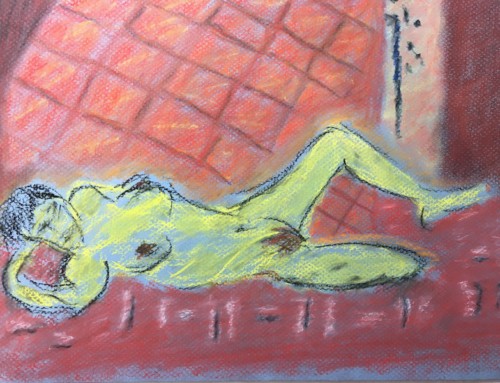
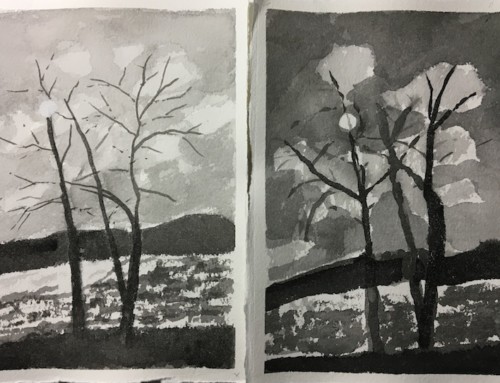
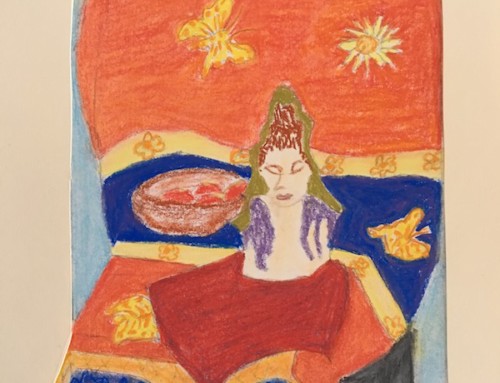
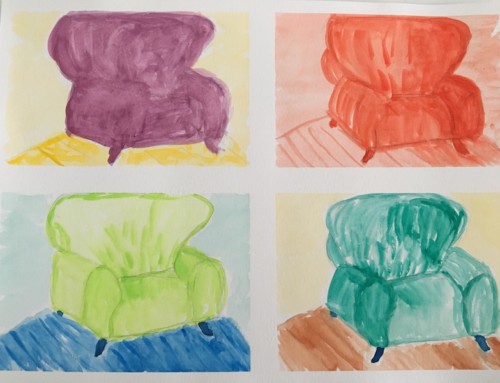
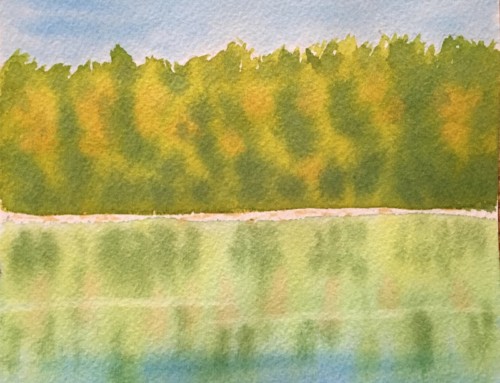
Leave A Comment